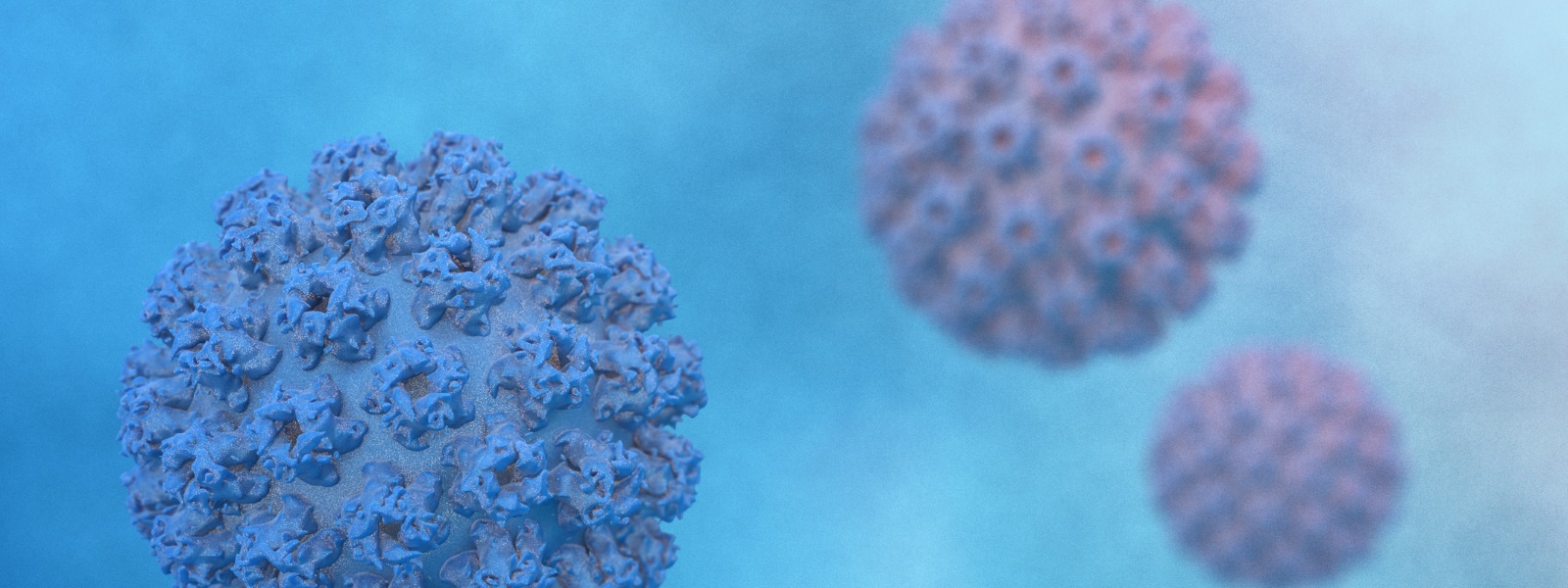
A new study has confirmed that the human papillomavirus (HPV) vaccine provides strong and sustained protection against cervical disease that can develop into cancer.
Data from the study show that the vaccine gives protection when administered to girls aged 18 years or under, with the greatest benefits seen in girls vaccinated at the ages of 12 or 13.
Previous studies have demonstrated that the vaccine is highly effective in preventing the development of cervical pre-cancer and cancer. The new research, using population health data, shows that the vaccine continues to be effective more than 12 years after it was given, in women who came forward for cervical screening.
Reducing inequalities
The research also shows that women from Scotland’s most deprived areas benefited the most from vaccination, helping to reduce health inequalities.
The study, by Public Health Scotland with the Universities of Strathclyde and Edinburgh, has been published in the International Journal of Cancer.
Professor Kimberley Kavanagh, of Strathclyde’s Department of Mathematics and Statistics, a partner in the research, said: “This new research highlights the remarkable success of Scotland’s HPV vaccination programme, not only in its overall positive long-term effect but also in the extent of its impact in areas of deprivation.
The earlier the vaccine is taken up, the more effective it is likely to be. This, combined with cervical screening, can help to continue to bring down the number of cervical cancer cases.
HPV is a common virus, usually spread through sexual contact, and responsible for almost all cases of cervical cancer – the fourth-most common cause of cancer in women worldwide. Scotland’s routine cervical cancer screening programme and the HPV immunisation programme, introduced in 2008, work together to both reduce the prevalence of HPV and the development of cervical pre-cancer and cancer among women.
The HPV vaccine is offered as a routine immunisation through schools to all S1 pupils in Scotland.
Dr Kirsty Roy, Consultant in Public Health, Public Health Scotland said: “Vaccination against HPV is effective in preventing cervical cancer and, along with regular screening for early detection and treatment, it is possible to make cervical cancer a rare disease.
“I would encourage all S1 pupils in Scotland to take up the offer of the free HPV vaccine when it’s offered to protect themselves against future risks. PHS is working closely with Scottish Government and local health boards to ensure the continued uptake of the key cervical cancer prevention measures – the HPV vaccine and routine cervical screening.”